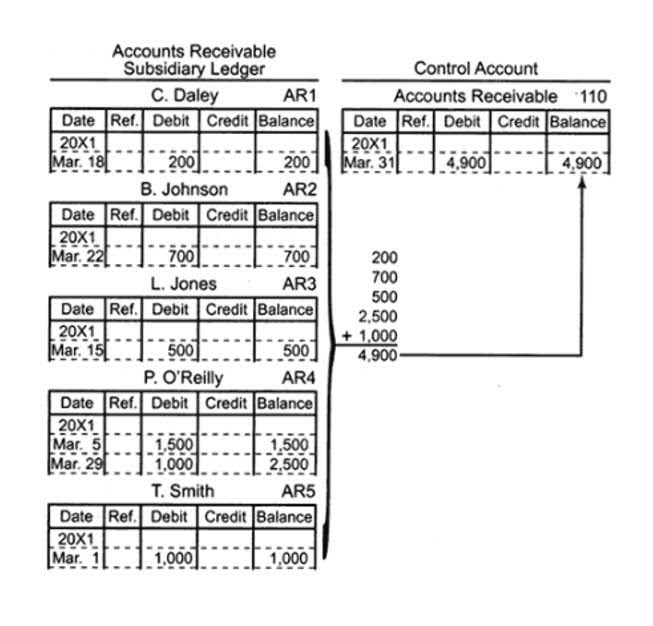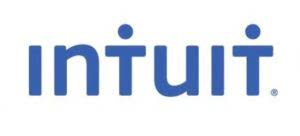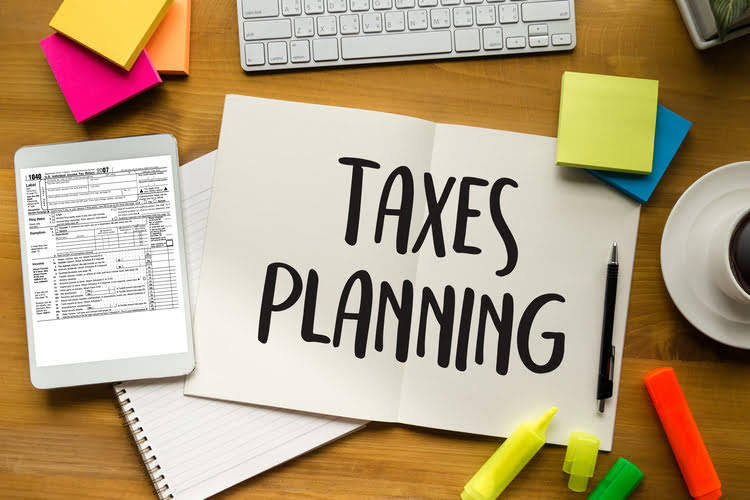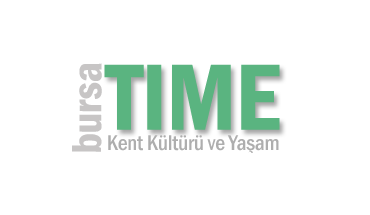
Generally, businesses prefer to store reserve funds as liquid assets or cash stored in a savings account for easier and more prompt accessibility. Specifying reserves is the last part of your hotel budgeting and forecasting process. The role of cloud-based software in creating precise hotel budgeting and forecasting is remarkable as they show hotel budget real-time, exact figures. This estimation step is important as it gives you an idea of what your budget forecasting is going to look like. In this type of budget forecasting, goals and KPIs are set first by the hotel or property owners/managers.
Cash Flow Management
In this guide, we’ve covered all the essentials of hotel budgeting to help your hotel better prepare for the future and ensure profitability. Effective hotel budgeting is not just a cash flow strategy—it’s a necessity for success. At its core, the hotel budget process acts as a strategic roadmap for the upcoming fiscal year.

Estimate operating expenses

When listing your capital expenses, ensure that you keep sight of the bigger picture. Calculating the ROI that this big expense can generate will make it easier to get the budget approved. A good hotel marketing strategy relies on combining paid and unpaid marketing strategies like word-of-mouth marketing. Discover how The Flat Iron Hotel transformed guest engagement and streamlined operations with HelloShift’s all-in-one platform. Real-time staff communication led to rapid issue resolution between maintenance, housekeeping, and the front desk. Effortlessly integrated with StayNTouch PMS, HelloShift was quickly adopted by the team.
From Manual to Digital: The Journey of Columbia Hospitality with HelloShift
This is especially important if you’re creating the hotel’s budget for the first time. Hotel budget season typically occurs a few months before the start of the fiscal year, often in the final quarter. Also, keep in mind that time needs to be allocated for when it will be presented to different management teams.
- To involve stakeholders effectively, hotels should schedule regular meetings and communicate clearly about the budgeting process and goals.
- If you want your hotel operations to remain at a high level, you need to review your budget plan regularly.
- While you need to base your decisions on data, you might also need to apply some creative thinking to find ways to cut customer acquisition costs, for example.
- Optimizing prices with yield management strategies is important to maximize revenue during peak seasons.
- “There’s a company called Hotstats that gathers all the profit and loss of data and organizes it by geography and by hotel type for people who want to know,” Lund said.

Be mindful of cyclical variations and macroeconomic influences affecting your region and target markets. A rolling budget extends beyond a single fiscal year, covering multiple periods (typically 12 months or more). As each month passes, the next month is added to the end of the budget horizon, providing ongoing guidance https://www.bookstime.com/blog/coronavirus-aid-relief and maintaining focus on longer-term financial planning. Conduct research on local competitors, market conditions, and industry benchmarks to gain insights into current pricing strategies, demand trends, and customer preferences. Use this information to position your hotel competitively while accounting for changes in supply and demand dynamics.

What we do with that is incorporate it into a 30, 60, 90-day forecast from that point in time,” Lund said. Creating a budget involves having each department leader work out their resources, payroll, expenses, and revenues. Hotels create budgets to stay organized and align their teams on delivering financial results for owners and investors.

